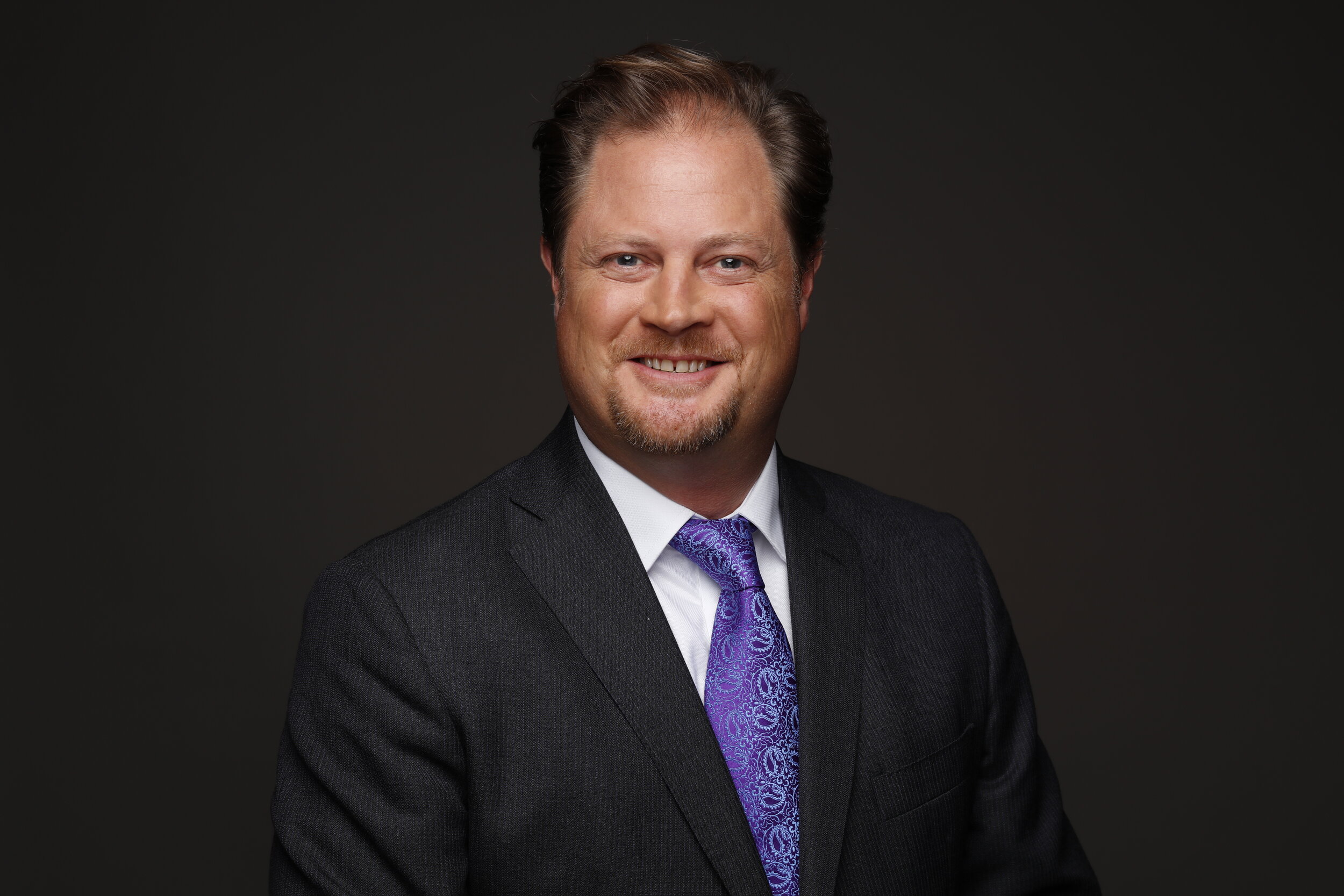DON’T RISK A BYTE
Financial crime is a major concern for the business community, with numbers seemingly on the rise. Giselle Borg Olivier spoke to Nick Parfitt, head of market planning at Acuris Risk Intelligence to learn more about what goes on behind the scenes when it comes to weeding out the criminals.
You’re in the business of managing risk for clients. How important is it to have proper due diligence?
In our opinion, it’s not only a fundamental process and cultural mind-set but also because the cost of non-compliance can result in an array of negativity challenges, which we are all very aware of, for example, costly fines, reputation damage, and loss of market access where licences are removed. Moreover, there is the possibility that as a Compliance Officer, and this is most frightening, you could be held personally responsible for compliance failures. We have seen the UK’s Financial Conduct Authority issue significant personal fines and ban individuals from working in the sector for significant periods.
We are also observing a lot of activity in Malta with the FIAU conducting increasing numbers of audits on MGA and MFSA licences, driven by the need to meet and exceed requirements in line with the Moneyval audit report due. The action that is coming out of this is that the Maltese Regulatory authorities are showing they have real teeth now and are backing up these audit findings with significant fines; €568,373 in administrative penalties for firms who failed to return risk assessment questionnaires, as well as the single largest ever fine of €733,160 by the FIAU for a gaming company that was identified to have “violated ten different provisions of the law” according to a Times of Malta article from September 2020.
KYC is a significant component for the reputation of companies, especially in sectors like financial services; do you find that companies slack on these duties?
It isn’t easy to generalise as the operations, scope and complexity of a Tier 1 Financial Institution is vastly different from a domestic retail bank, Casino operator, pay-day lender or the Art World. So is the maturity of their Financial Crime Compliance functions and implications for Reputational Risk and the impact that can have on an organisation.
The challenge for any organisation is maintaining compliance without breaking the business financially, as the cost of compliance can be extremely steep, so there is a natural tendency to do enough to be compliant but not to a point where the business cannot operate. Therefore, the organisation’s culture is key to acceptable practices, because if everyone is thinking about the business, how it operates and who and where it does business with, then in effect, this constant vigilance is an inexpensive way to enforce acceptable practices and mitigate potential Reputational Risk issues.
“...the information we curate is due to ‘hard, human-driven intelligence’ as we can monitor criminal gangs involved in fraud while the crimes are being plotted and committed”
Money laundering has been around for a long time; however, in recent years, we’ve seen it crop up more and more in the news. Is this because more people are involved, or because technology has become better at sniffing them out?
There are certainly lots of factors at play here including new AML directives that have included more and more business sectors over the years – the legal profession, estate agents, the art world, as an example – as well as new types of investigative powers such as ‘unexplained wealth orders’ (UWOs) in the UK. Many of these sectors were not ready for the fundamental changes that their businesses required to ensure compliance. So, a result of the ‘net has been cast wider’?
It’s undoubtedly true that the new technology and years, even decades, of experience and progress in implementing AML functions, policies and controls, should equate to catching more ‘bad actors’; but it’s also fair to say the problem is global in nature and endemic, and too profitable. As explained by Linda A. Lacewell, Superintendent of the New York Department of Financial Services, “…so money laundering becomes a source of profits and bank fines become a cost of doing business. When the profits exceed the fines, the business choice is easily corrupted”.
And you only must look at the latest report by the International Consortium of Investigative Journalists (ICIJ) – the ‘FinCEN Files’ that analysed approximately ‘only’ 2,100 Suspicious Activity Reports submitted to FinCEN – to see the potential size and scale of the problem, and this was over 15 years. The UK’s SAR filing numbers for 2018 - 2019 were 478,437, by comparison (data from the UK Financial Intelligence Unit Suspicious Activity Reports Annual Report 2019). We must stress though these are suspicions only and do not prove any wrongdoing.
“…the Maltese Regulatory authorities are showing they have real teeth now and are backing up these audit findings with significant fines”
Your Cyber Check and Fraud data solution can detect known money launderers – what is the value of such technology?
Where we differ in this area, is that the information we curate is due to ‘hard, human-driven intelligence’ as we can monitor criminal gangs involved in fraud while the crimes are being plotted and committed. Therefore, we can see the bank accounts or money-service businesses used by the criminals to pay for goods and services, or through which are used to execute the fraud. The data we collect during our investigation and monitoring processes also contains rich intelligence on actual, known criminal email addresses, victims who are compromised, potential victims that criminals are targeting, and business-related frauds such as ‘phishing’ attacks.
There is a lot of speculation about the malicious intentions of people who are applying for Maltese passports and licenses. Have results from checks proven such allegations?
Whilst we cannot comment on any specific findings, what I would like to highlight is that the Maltese regulators have taken their responsibilities very seriously over the past three to four years and have taken significant strides to strengthen their defences against financial crime in general and money laundering specifically. As mentioned earlier, the increase in fines this year by the FIAU and increased auditing, including the MGA, of companies operating in Malta are positive and welcome activities.
FEATURED IN THE NOVEMBER EDITION
2020
Words by
Giselle is a freelance writer, proofreader and social media marketer who survives on Instagram and cappuccino.




